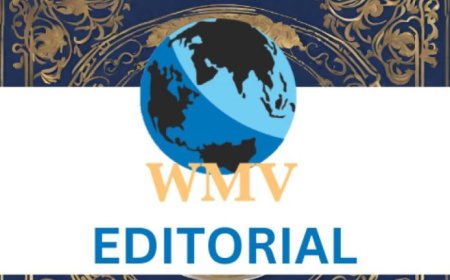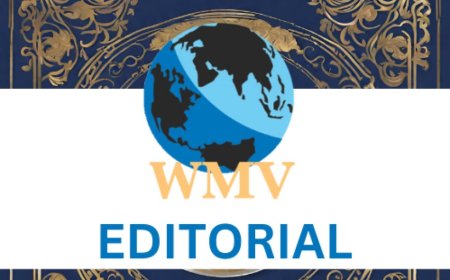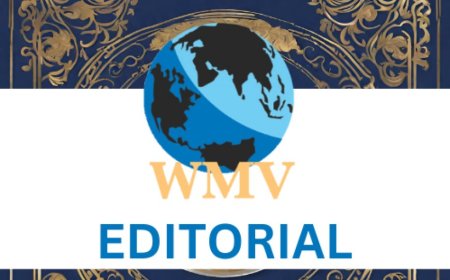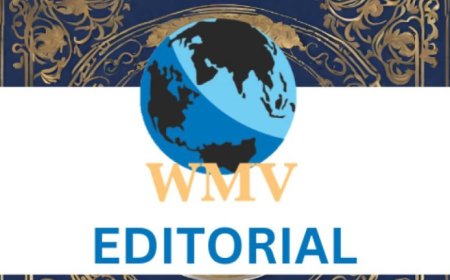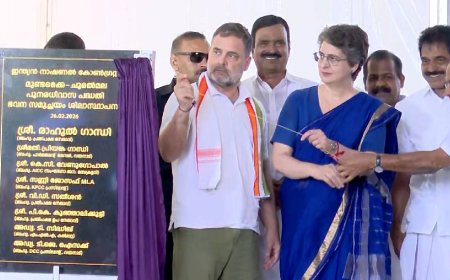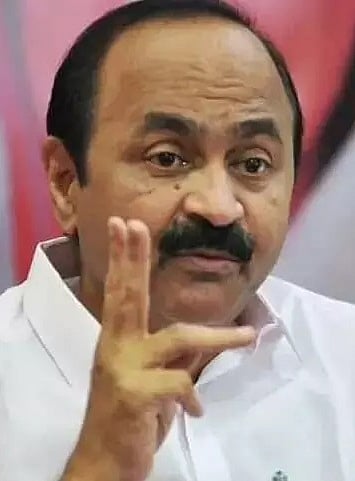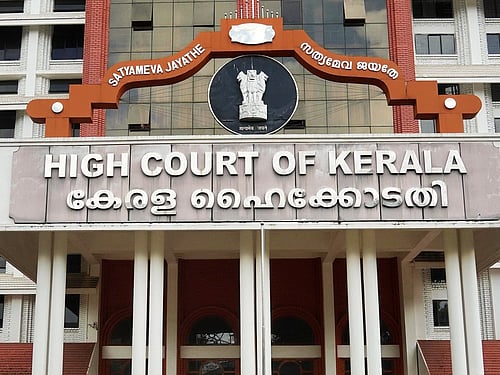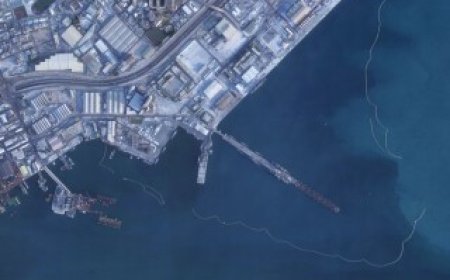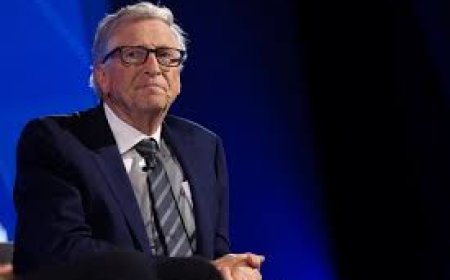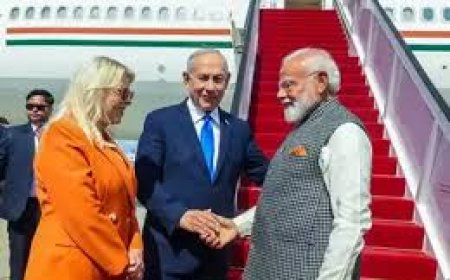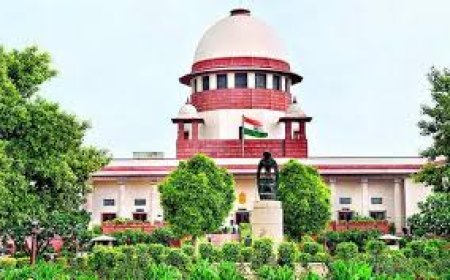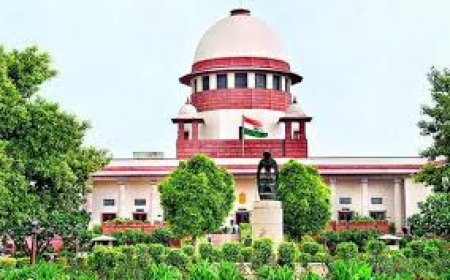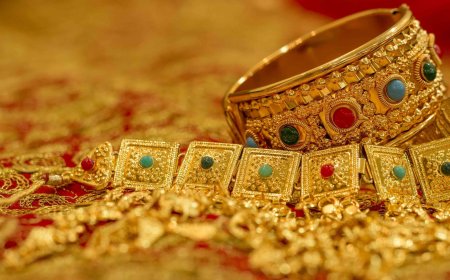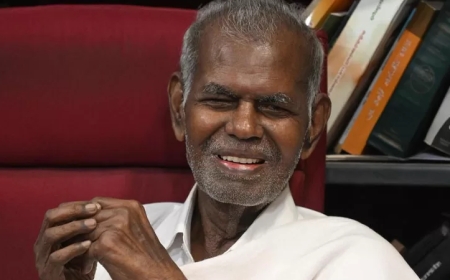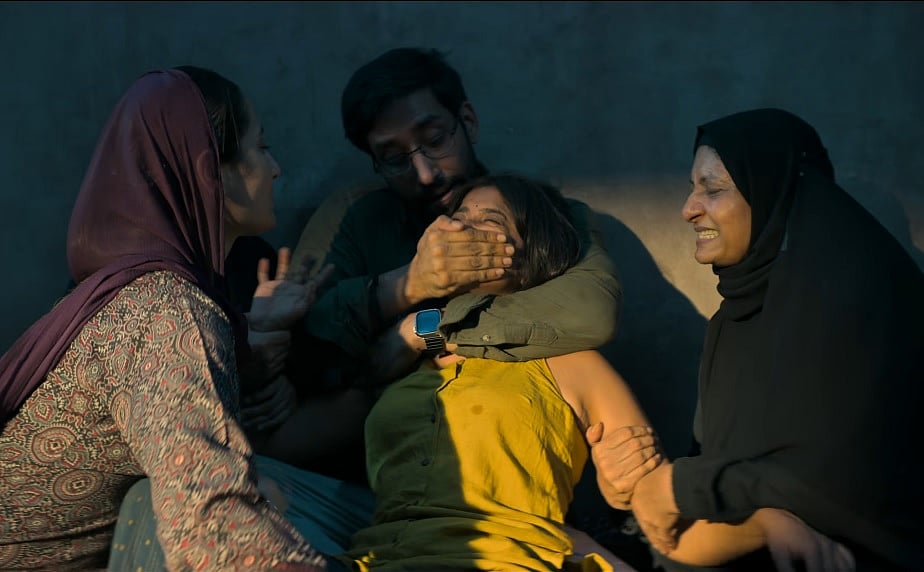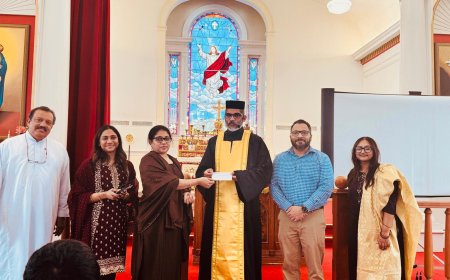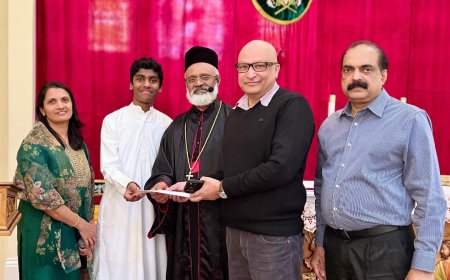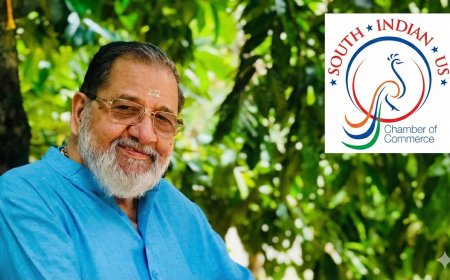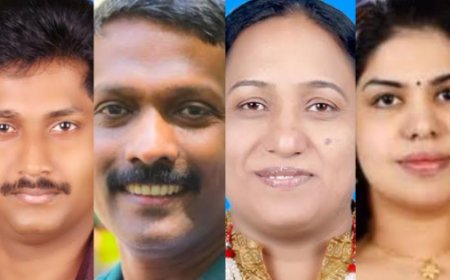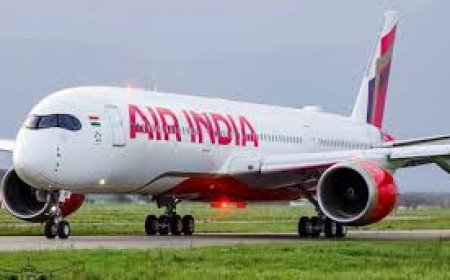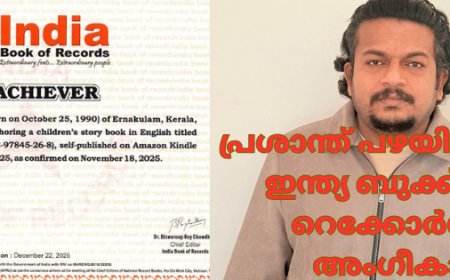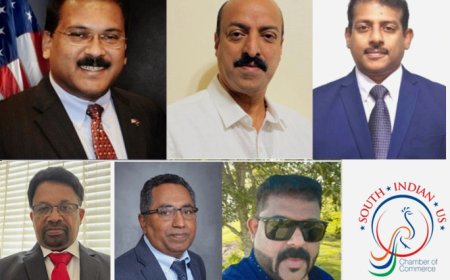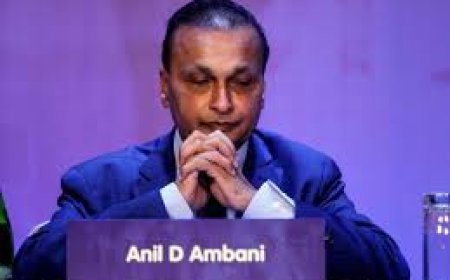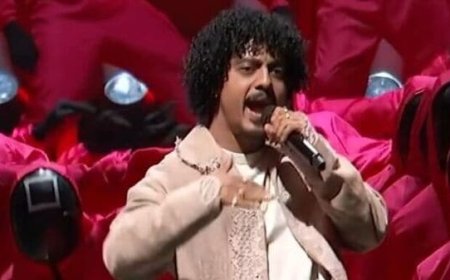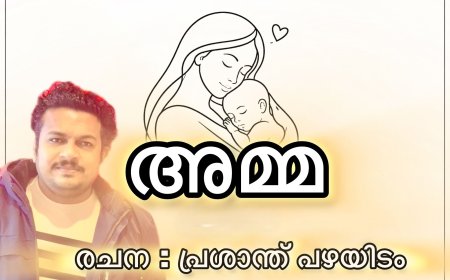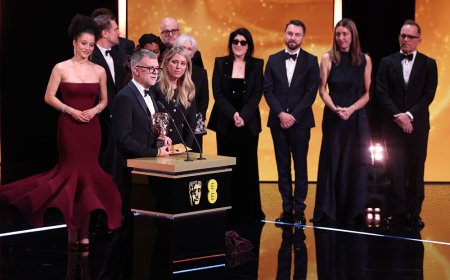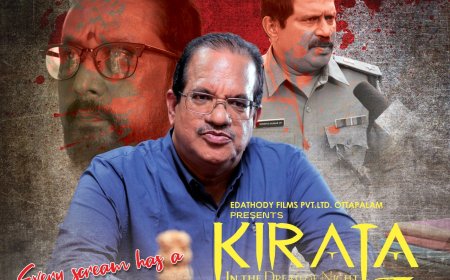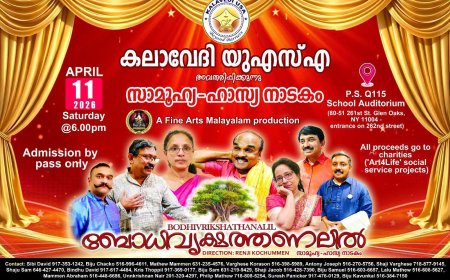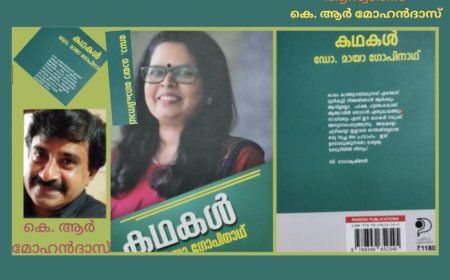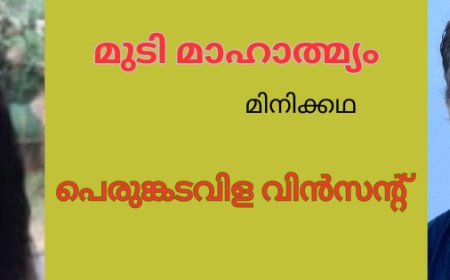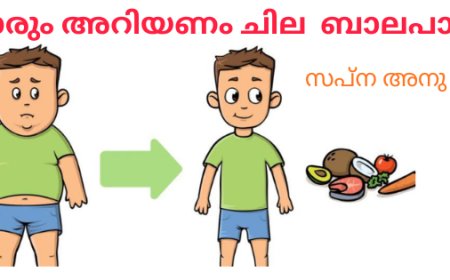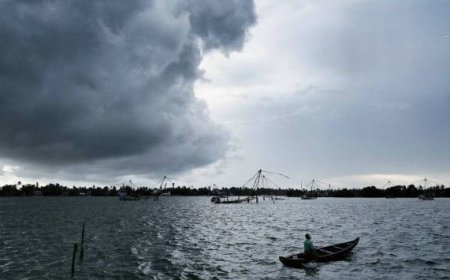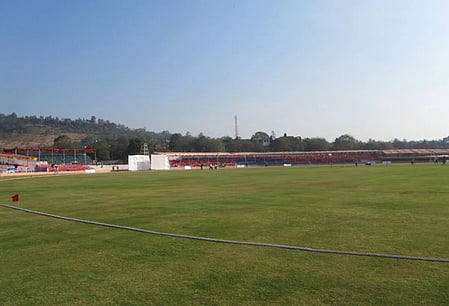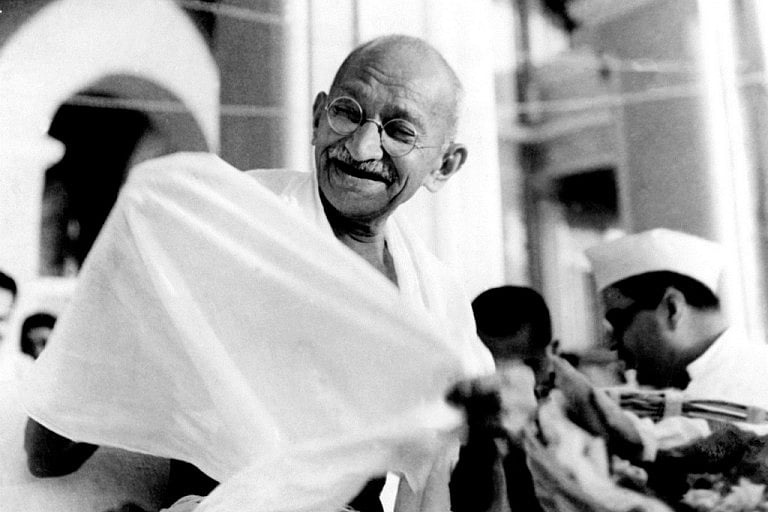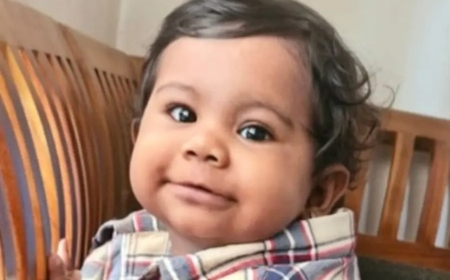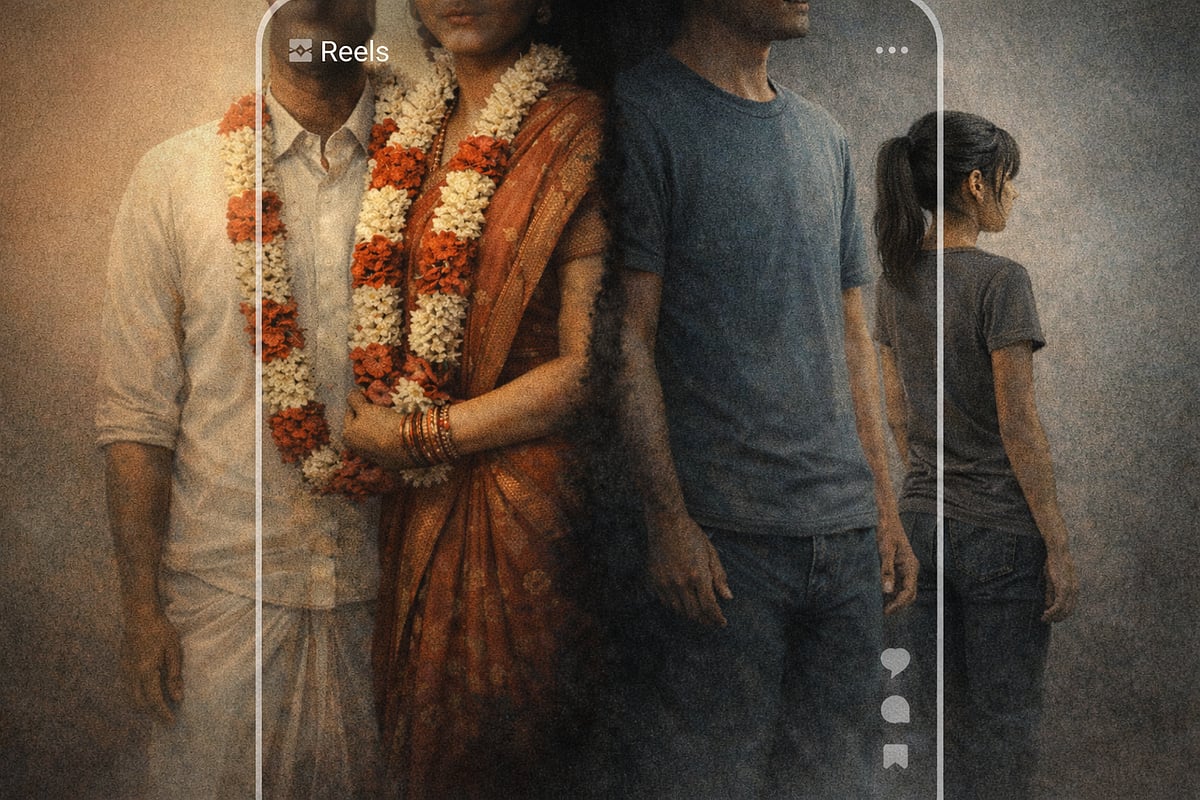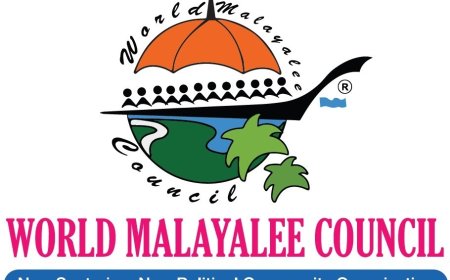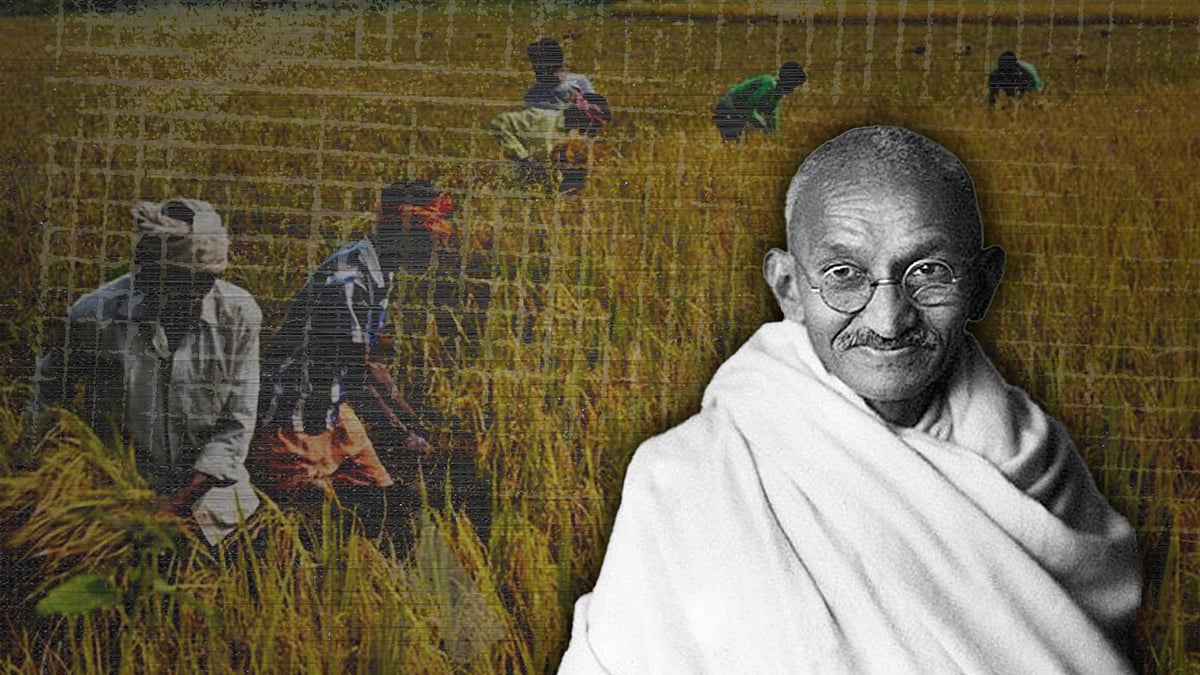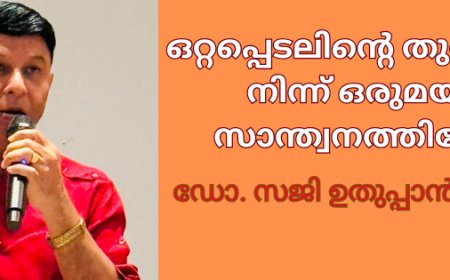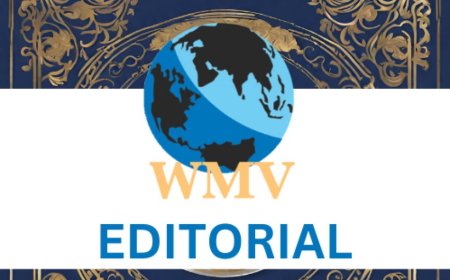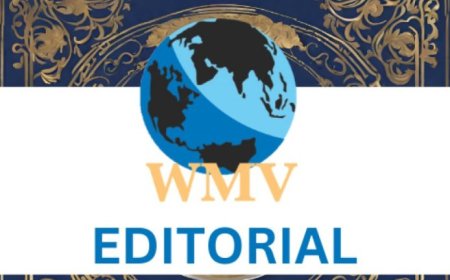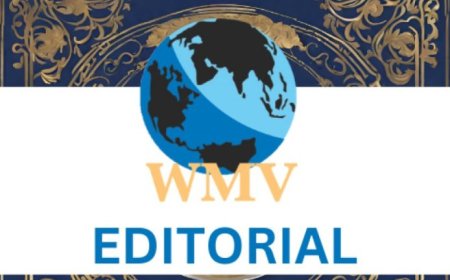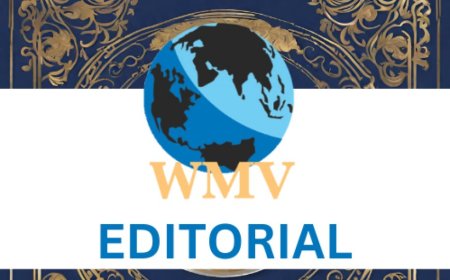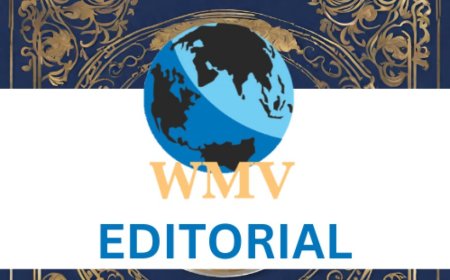The war in Ukraine

THE attack on Ukraine was initiated by Russia after many months of preparation and warning. America, NATO and the European Union warned Russia not to do it and it will have consequences. Why they still did it and what do they want? This is a question that has sometimes many answers.
Ukraine has a long history. Ukraine was under the control of the Russian empire since 1795. Around 1921, Ukraine was established as the Soviet Socialist Republic, one of the founding republics of the USSR. Later Mr. Nikta Krushchev was appointed head of the Ukraine communist party.
During the Second World War, 1941-44, Ukraine's insurgency army fought for Ukraine's independence against Nazi Germany and the Soviet Union, which was not successful. After the death of Stalin in 1953, Ukrainian communist leader Nikita Krushchev became the head of the communist party of the Soviet Union. Ukraine became independent in 1991 when the Soviet Union was dissolved.
For Russia, the western and southern provinces that are now Ukraine were populated by Slavic Ukrainians, who are essentially Russians. From the mid-1950s, the top official in Ukraine was always Ukrainian and Ukraine had representation in USSR Politburo and they had substantial influence in Soviet national affairs. During Gorbachev’s perestroika, initially, Ukrainians voted overwhelmingly to stay with Russia but by December 1991, they voted to be independent.
25 percent of the population of Ukraine is Russian speaking and they mostly reside in the South East area. Russian President Vladimir Putin thinks that Ukraine must be under Russian influence and should not lean towards NATO or west European influence. That prompted this current invasion of Ukraine. Initially, they tried to take over the capital of Ukraine and establish a pro-Russian governed in Ukraine. Now that it failed, they are trying to control part of Kurnai where mostly Russian-speaking people reside.
USSR had 15 Republics including Russia, Armenia, Azerbaijan, Byelorussia, Estonia, Georgia, Kazakhstan, Kirghizia, Latvia, Lithuania, Moldavia, Tajikistan, Turkmenia, Ukraine and Uzbekistan. And also the Eastern bloc countries - East Germany, Poland, Czechoslovak, Hungary, Romania, Yugoslavia, Albania and Bulgaria - also followed the communist/socialist form of government and became friends with Russia.
When USSR was dissolved in 1992, the republics including Ukraine became independent and Russia as a separate republic. Boris Yeltsin became the President of Russia. Chechnya, part of Russia, fought for independence from 1997 to 1999. On December 31, 1999, Yeltsin resigned and named Putin as the acting President. He became President, then Prime Minister and again President. He consolidated his power and became an autocrat. Putin continued war with Chechnya. In 2014 he invaded Crimea, part of Ukraine, a peninsula on the Black Sea. Putin wanted to control the Black Sea.
Ukraine was friendly with Russia and there was a pro-Russian president. The current president is more pro-western Europe and Putin does not like it. He wanted to change the Ukraine government to pro-Russian and he does not want Ukraine to join NATO or become part of the European Union.
This is why Putin decided to invade Ukraine and change its leadership to Pro-Russian. Being unsuccessful to take over Ukraine, now he is trying to annex the Southeastern part of Ukraine called the Donbas region into an independent pro-Russian country or to be part of Russia. People in this region are mostly Russian-speaking.
Considering the current political situation in Europe and the Russian intentions to control the influence on East European countries and weaken NATO, this invasion is important for Russia. If they fail, it will be a big blow to them. If they win, it will be a big blow to NATO.
Lots of innocent civilians are killed in Ukraine and more than 4 million refugees left the country, leaving the male adults to fight the war. Win or lose, Ukraine is in shambles and it will take many years for Ukraine to rebuild.
In this modern era, war has no place; differences can be resolved through diplomacy and mutual dialogue. Destroying the infrastructure and killing innocent citizens of a country only creates more anguish and suffering. Russia and Ukraine must agree on a diplomatic solution to the current conflict and stop destruction and killings for the current and future generations of the world.
